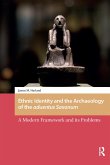
eBook, PDF
1. Oktober 2025
Taylor & Francis eBooks
| Broschiertes Buch | 53,99 € | |
| eBook, ePUB | 42,95 € |

eBook, ePUB
1. Oktober 2025
Taylor & Francis eBooks
Gebundenes Buch
A Modern Framework and its Problems
15. Oktober 2021
Routledge
Ähnliche Artikel


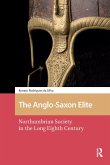

eBook, PDF
9. Dezember 2021
Taylor & Francis eBooks
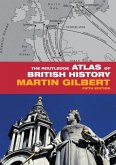
eBook, PDF
10. September 2012
Taylor & Francis eBooks
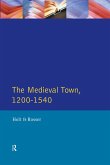

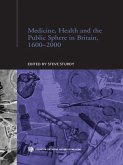
eBook, PDF
21. August 2013
Taylor & Francis eBooks
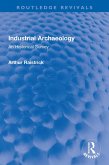
Ähnlichkeitssuche: Fact®Finder von OMIKRON
